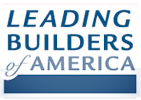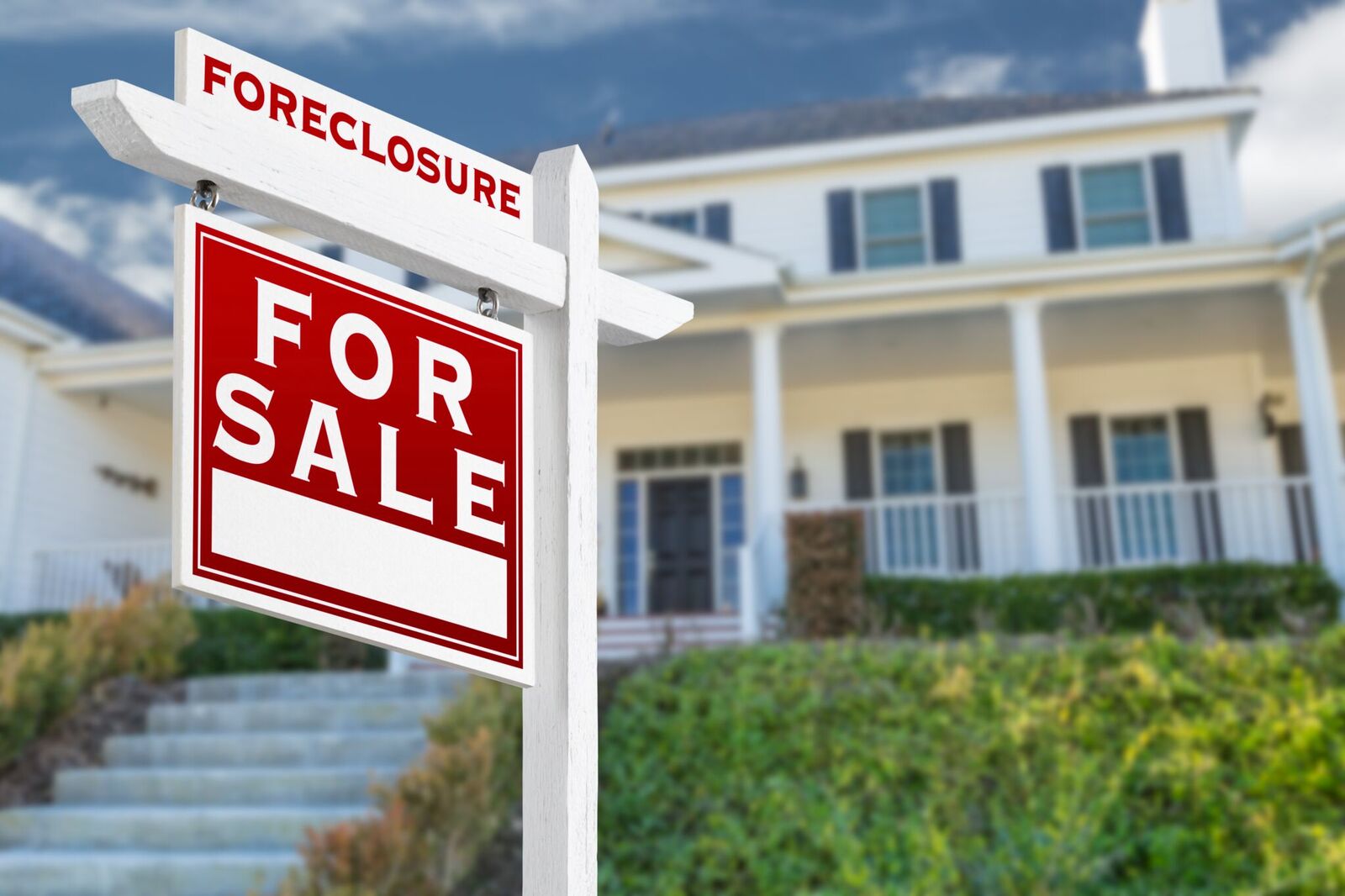WASHINGTON – Millions of Americans are still likely to lose their homes in the coming years, but the foreclosure crisis is finally showing signs of subsiding.
The number of households facing foreclosure in April fell 2 percent from a year ago, the first annual decline in five years, RealtyTrac Inc. said Thursday. It followed a report earlier this week from credit reporting agency TransUnion, which said the percentage of borrowers who had missed at least two months of payments posted the first quarterly drop in four years.
Shaun Donovan, President Barack Obama’s housing secretary, said the housing market is clearly in better shape than a year ago.
“In just about every indicator in the market, we’ve either seen stabilization or significant improvement,” he said Thursday. “It doesn’t mean we’re out of the woods yet.”
But the data aren’t all sunny. While the number of new delinquencies is dropping, the number of borrowers losing their homes is still rising.
Banks seized a record 92,000 homes last month. Many analysts project that home prices will turn downward again this fall as banks dump more foreclosed properties at low prices.
And there are millions more potential foreclosures ahead. Nearly 7.4 million borrowers, or 12 percent of all households with a mortgage, had missed at least one month of payments or were in foreclosure as of March, according to Lender Processing Services Inc., a mortgage data research firm.
RealtyTrac, a foreclosure listing firm in Irvine, Calif., reported that nearly 334,000 households, or one in every 387 homes, received a foreclosure-related notice in April. That was down more than 9 percent from March.
Economic woes, such as unemployment or reduced income, are the main catalysts for foreclosures this year. Initially, lax lending standards were the culprit, but homeowners with good credit who took out conventional, fixed-rate loans are now the fastest growing group of foreclosures.
As the economy turns around, “you will see an improvement in housing markets and in foreclosure activity,” said Rick Sharga, a RealtyTrac senior vice president. “The problem is that there’s such a backlog right now.”
Lenders are offering a variety of programs to help homeowners modify their loans, but their success rates vary. Hundreds of thousands of homeowners can’t qualify or fall back into default.
The Obama administration is managing a $75 billion program that so far has helped about 231,000 homeowners with permanent reductions to their monthly mortgage bills. That’s about 20 percent of the 1.2 million borrowers who started the program over the past year.
Foreclosed homes are typically sold at steep discounts, lowering the value of surrounding properties. Cities lose property tax dollars from homes that sit empty and lower property values.
Among states, Nevada posted the highest foreclosure rate in April, with one in every 69 households receiving a foreclosure notice. Foreclosures there were up 10 percent from March, but unchanged from a year earlier. Next on the list were Arizona, Florida, California and Michigan.
Las Vegas continued to be the city with the nation’s highest foreclosure rate, but activity there was down 3 percent from a year earlier. And in another sign the problem is receding, nine out of the top 10 cities with the highest foreclosure rates posted annual declines. The exception was Reno, Nev., where foreclosures were up 16 percent from a year ago.
A service of YellowBrix, Inc.

